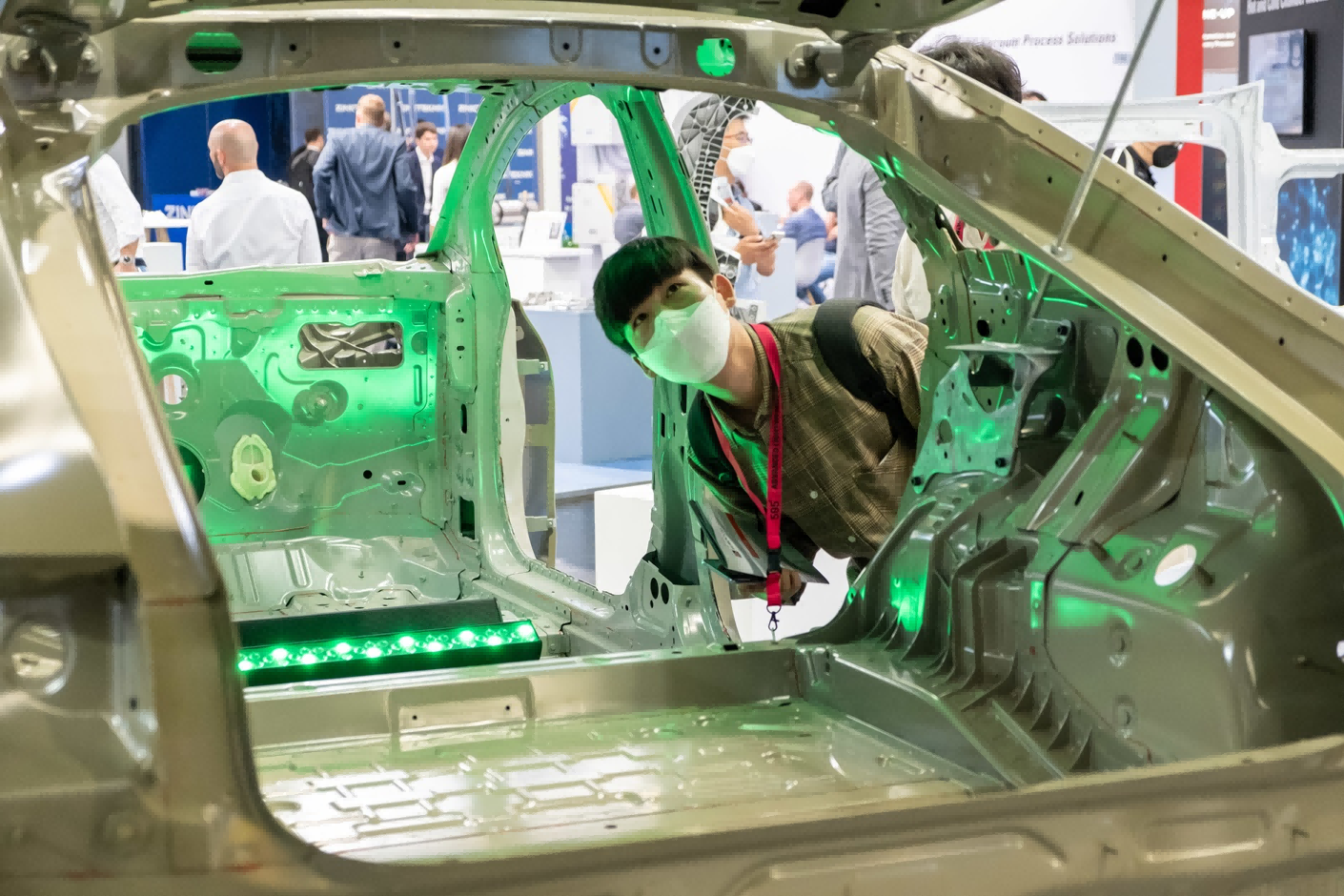Investment activity in Germany remains weak. More and more companies in the automotive SME sector are postponing or canceling planned investments. High labor costs and regulatory hurdles are a particular burden on the location. At the same time, the USA's customs policy is causing uncertainty in the industry. These are the key findings of a recent VDA survey of automotive suppliers and manufacturers of trailers, bodies and buses.

Reluctance to invest continues to increase
75% of the companies surveyed stated that they would postpone planned investments in Germany, relocate them abroad or cancel them altogether. Compared to the previous survey in October 2024 (69%), this proportion has risen significantly. Particularly worrying: 29% of companies are specifically planning to relocate investments abroad (October 2024: 23%). At the same time, only 1% of companies intend to expand their investments in Germany.
The main reasons for the reluctance to invest are the high labor costs (58%) and the subdued sales prospects on the German and European automotive market (56%). Expansion investments in particular are not considered necessary, as market growth is taking place in other regions.
2025: More companies expect a deterioration
Bureaucracy remains the biggest problem
VDA President Hildegard Müller is therefore calling for decisive action:
Energy prices remain a massive locational disadvantage
High energy costs also continue to put companies under pressure. 61% of respondents feel that they are severely or very severely burdened by high electricity prices, 50% by gas prices. In the survey, 79% of companies were in favor of political measures to reduce energy costs.
Other key demands from the industry include a reduction in reporting obligations (78%), a reduction in labor costs (69%) and a reduction in taxes and levies (65%).
Müller emphasizes: "While international competition between locations is becoming increasingly fierce and geopolitical pressure continues to grow, the competitiveness of Germany as a business location is eroding - this is having a noticeable impact on SMEs in particular. However, the challenging situation has remained politically inconsequential for far too long. The program of a new federal government and the coalition negotiations must therefore be based on this: We need an ambitious program for location attractiveness and competitiveness with concrete reforms. In view of the rapidly changing world situation and diverse global challenges, politicians in Berlin must focus on everything that creates growth. After all, economic strength is the foundation and basis for overcoming the diverse global challenges and surviving in the long term."
Source: Euroguss









